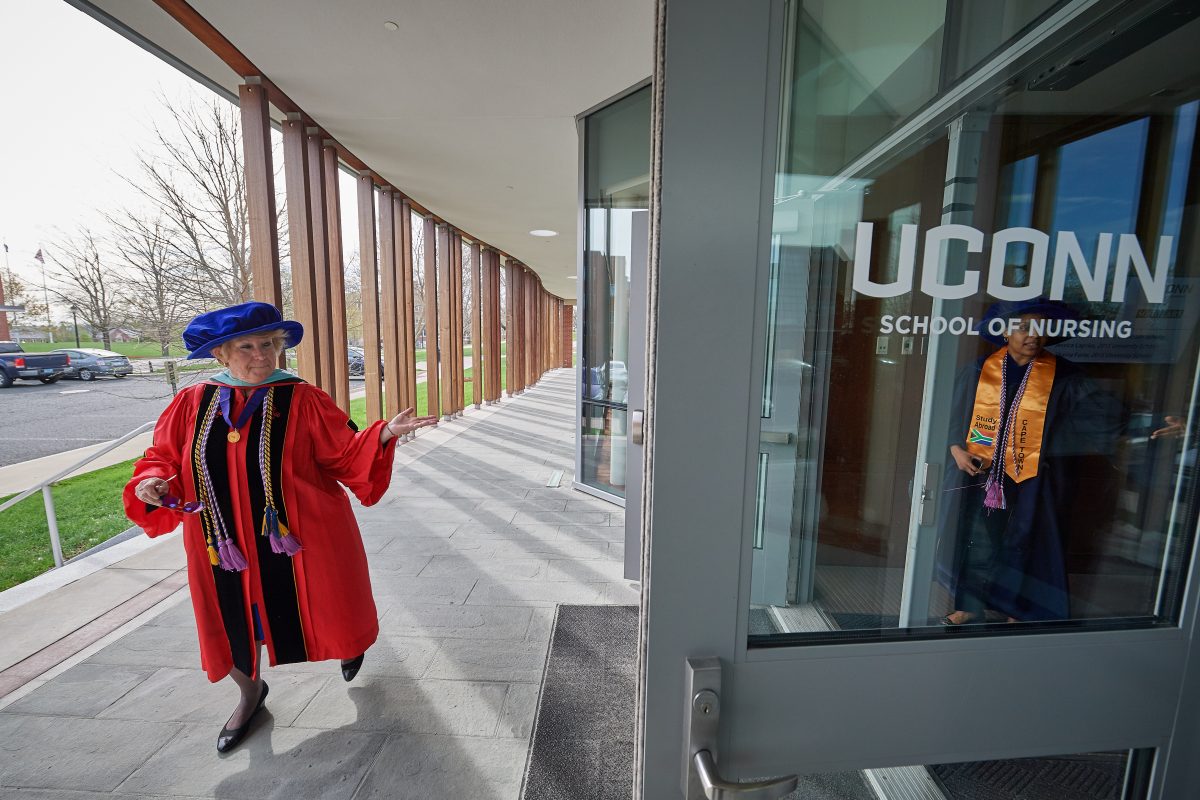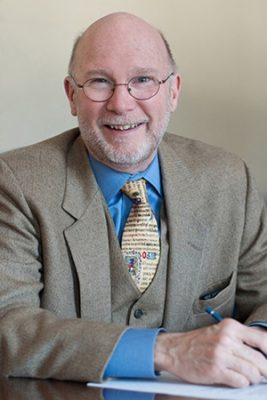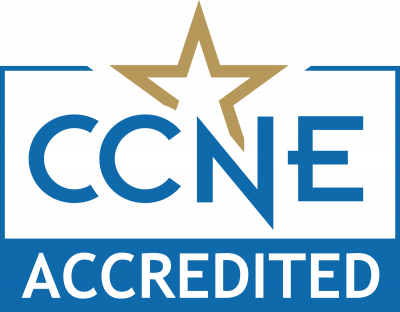
Beloved School of Nursing faculty members E. Carol Polifroni, Ed.D., CNE, RN, NEA-BC, ANEF, and Thomas Long, Ph.D., retired at the end of the spring 2022 semester. Though they had different journeys at the School and have different areas of expertise, both agree they will miss their students the most.
“I know I speak for everyone at the School of Nursing when I say that we will miss Dr. Polifroni and Dr. Long immensely,” says Dean Deborah Chyun, Ph.D., RN, FAHA, FAAN. “In their decades of service to the School, they have influenced everything from our academic programs to our School culture and student services. I know many alumni look back on their mentorship fondly and our current students will miss dropping by their offices for advice or to chat.”
“There is that expression that, if you love what you do you never go to work, and I think that is true,” Polifroni says. “That really captures my 47 years at UConn.”
A clinical nurse specialist, Polifroni has a doctorate in education, curriculum theory and development, as well as higher education administration. Her research skills include qualitative, quantitative, and mixed methods with coursework in all areas. She has received more than $7.5 million in external grants over the course of her career. More recently, she was the inaugural director of the UConn Office of Clinical Placement Coordination, and she directed the UConn Office of Public Engagement for three years, overseeing an extension of the Carnegie classification as a community engaged university and increasing service-learning courses by 200%.
She joined the University in 1975, when the School of Nursing still operated out of the original Widmer Building, lovingly called “the cottage.”
“It was a whole different world,” she says. “There were not many baccalaureate-prepared nurses, let alone those with master’s or doctoral degrees.”
In the years since, she has made a lasting impact on the School, the University, the state, and the international arena of nursing with her work on the philosophy of science. In the 1980s, Polifroni taught courses in the nursing administrator master’s track, but also served as associate dean for academics for seven years. Around that same time, she was also the president of the Connecticut Nurses Association, helping to introduce Connecticut’s law that allows advanced practice registered nurses to practice in the state, and hiring the CNA’s first lobbyist.
While Polifroni served as interim dean three times throughout her UConn career and was dean from 2016 to 2018, she says her favorite milestones are helping to establish the Ph.D. program in 1994 and create the accelerated, second-degree Master’s Entry into Nursing (now Certificate Entry into Nursing) program in 2003.
“Up until that time, we were 100% dependent on funding from the University,” Polifroni recalls. “Once we created the CEIN program, in the way that I created it, it was major financial revenue for the School. It changed the number of faculty we were able to hire and the visibility of the School. We were the only other nursing school in the state besides Yale to offer such a program at that time.”
Polifroni was director of the Ph.D. program for a few years, serving as major advisor to 17 Ph.D. graduates and as associate advisor to more than 30 Ph.D. and Doctor of Nursing Practice graduates. Her major advisee, Jean Lange, was the first to graduate from the Ph.D. program. Polifroni was the first School of Nursing recipient of the University’s advisor award and the second to receive the award across the entire University.
“Every Ph.D. student and many undergraduate and master’s students that I have advised, I know exactly where they are now,” she says. “I get emails and cards from students all the time. I will miss new students, but those relationships will be with me forever.”
Polifroni says that one of the reasons she stayed at UConn was the opportunities to fulfill different roles and to serve at the University level. Over the years, she has been a member and chair of many University Senate committees, chaired the Senate Executive Committee, and was also the president of the UConn chapter of the American Association of University Professors.
“The depth and breadth of Carol’s commitment to the School of Nursing, the University, and to the nursing profession in Connecticut is remarkable,” Long says of his colleague. “It is very unusual to find a faculty member of her enduring commitment to the same institution.”
 A newer addition to the School’s faculty, but no less beloved, Long is a medical humanities scholar. He holds a Ph.D. in English and two master’s degrees—one in English and the other in theology. He was professor-in-residence at the School of Nursing and served on the affiliate faculty of UConn’s American Studies program.
A newer addition to the School’s faculty, but no less beloved, Long is a medical humanities scholar. He holds a Ph.D. in English and two master’s degrees—one in English and the other in theology. He was professor-in-residence at the School of Nursing and served on the affiliate faculty of UConn’s American Studies program.
Long made a lasting impression on students as director of the Nursing House Learning Community, a position he held since 2019. He also served the School as curator of the Josephine A. Dolan Nursing History Collection and served on the University Senate since 2019. In 2020, he received the Teaching Innovation Award from UConn’s First Year Experience program and the Provost’s Outstanding Service Award.
“I would tell students that I am their ‘UConn uncle,’ and I would take that seriously,” Long says. “I was there when they were in trouble, and I would stop what I was doing to look after things with them. My principle is presence is more important than programming.”
Long joined the School of Nursing in 2008, along with several other non-nurse faculty members. His experience with technical and professional writing, along with his expertise in medical humanities and health studies, made him a good fit for the School. As the School and University emphasized research funding and publications, Long was the writing expert who helped faculty and students promote their work.
He became curator of the Dolan Collection at the request of then-Dean Regina Cusson. He also taught the course Nursing’s Past as Prologue, making history come to life for his students. Long often used artifacts and documents from the collection to drive his syllabus, asking students to identify objects and catalog the archives.
“I would bring in archival boxes and give each student an object,” he says. “They would have to photograph it, describe it, and spend the rest of the semester researching it and writing up what they found.”
Long says he has several small projects he would like to tackle in retirement, including a digital humanities project based on 19th century verse manuscripts he has collected over the years. He may also spend time taking a few graduate-level English courses and volunteering.
“I would love to stay connected to the University, as long as I do not have to grade papers anymore,” he says.
Polifroni will be easing into her retirement, staying connected with the School by teaching master’s courses, before deciding what her next chapter holds.
“I am very grateful for all the opportunities I have received at the University and I think it has been mutually beneficial,” Polifroni says. “It is because I had service opportunities at the University level, as well as at the School level and state level, that I have stayed as long as I have. I feel I have done what I set out to do.”
E. Carol Polifroni and Thomas Long have both generously supported School of Nursing students and faculty through funds at the UConn Foundation. The School welcomes gifts to their named funds in honor of their retirement:
Elizabeth Otto Polifroni Scholarship Fund
Dr. Thomas L. Long Nursing Scholarship Fund
This article was originally published in the Fall 2022 issue of Unison.

